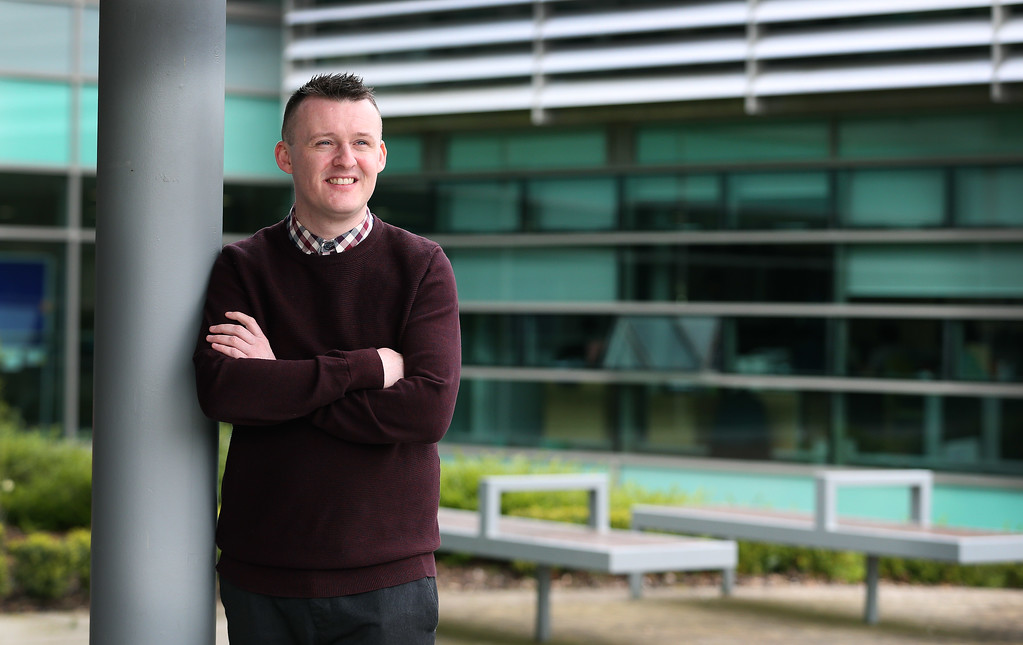
Although not all traumatised individuals offend, it does seem to be a feature of anti-social behaviour and serious offences. A disproportionate number of children who offend and enter the justice system present with complex, often unmet health and social care needs, and have experienced adverse childhood events. Indeed, many of the children in the justice system have experienced some sort of trauma. As many as 91 per cent of young people who have committed violent offences experienced abuse or loss prior to becoming involved in the justice system. Such unresolved trauma can manifest at a different point in time. However, until quite recently this was not properly acknowledged or understood. For example, the Youth Justice Board recently published a briefing paper on trauma-informed youth justice practice.
Although trauma defies easy definition, it can be explained as a psychological or emotional disturbance, resulting from exposure to intense or chronic stress. This could include being a victim of domestic violence or assault, sexual abuse or serious injury. Responses to trauma can include flashbacks, intrusive thoughts, hypervigilance, anger, depression and them avoiding places that are a reminder of the event. It can affect a child’s ability to understand processes or comply with court order requirements. Ignoring underlying trauma can not only result in poor outcomes in terms of levels of engagement and participation but also severely restrict children’s life chances. A range of factors including how resilient children are in terms of emotional strength and the support they are receiving from family members and/or professionals, can determine the severity of such trauma. What can happen is children self-harm by way of substance abuse as a coping mechanism. This self-medication is a way children adapt to a traumatic event but does not help and can, of course, make the situation worse. It is a dysfunctional way of coping.
For too long there has been a lack of resources and attention paid to the issue of childhood trauma. With children who commit offences, we tend to focus on the behaviour and not the underlying issues or problems that have affected them.
There must be greater emphasis on raising staff awareness, and training on the importance of recognising how traumatic experiences can be damaging to children, personally, emotionally and developmentally. Trauma-informed youth justice practice involves promoting positive outcomes in a person-centred and strengths-based way – reducing the likelihood of children feeling rejected by those in authority and preventing non-compliance and the instigation of breach proceedings.
Sean Creaney is a Lecturer in Psychosocial Analysis of Offending Behaviour in the Faculty of Health & Social Care at Edge Hill University. He is a former Trustee at the National Association for Youth Justice. He is currently an advisor at the social justice charity Peer Power, and a PhD candidate at Liverpool John Moores University. He also writes The Youth Justice Blog in Children and Young People Now.

One response to “Understanding childhood trauma and its impact on offending”
This is absolutely fantastic! I am relatively new to the field but I cannot believe how little is written about the connection between childhood trauma and offences, or, in my area of interest, violent extremism. Great piece!